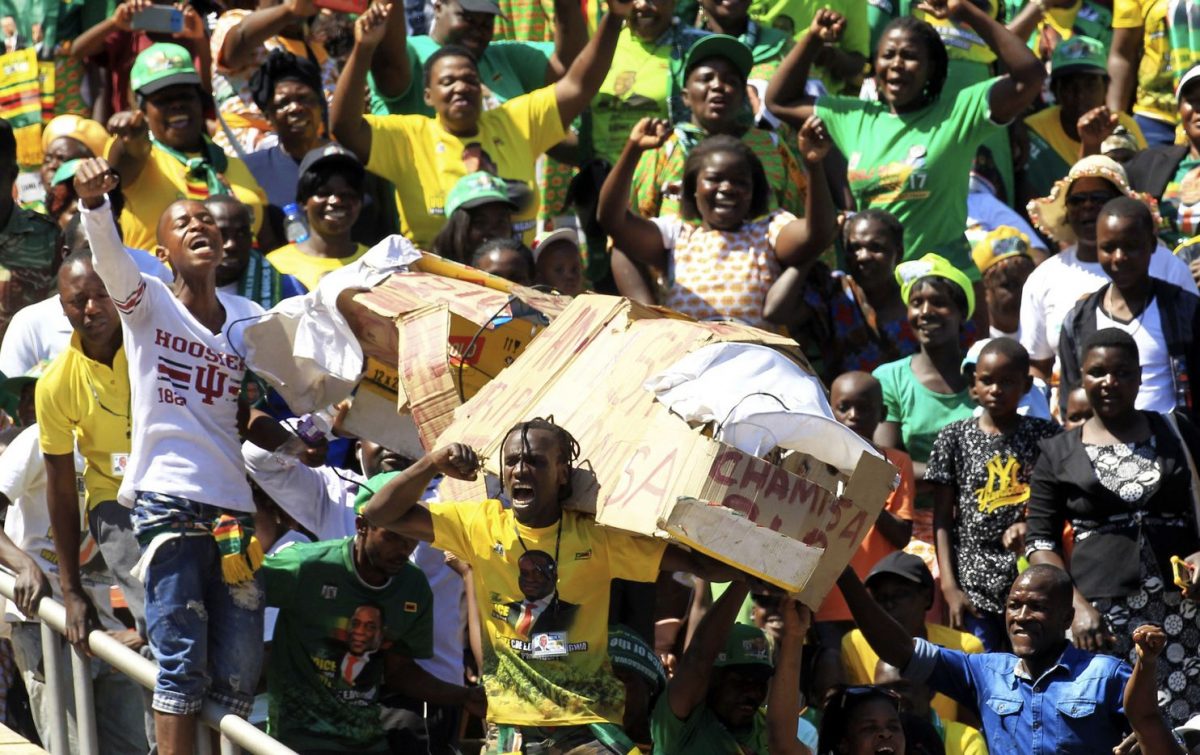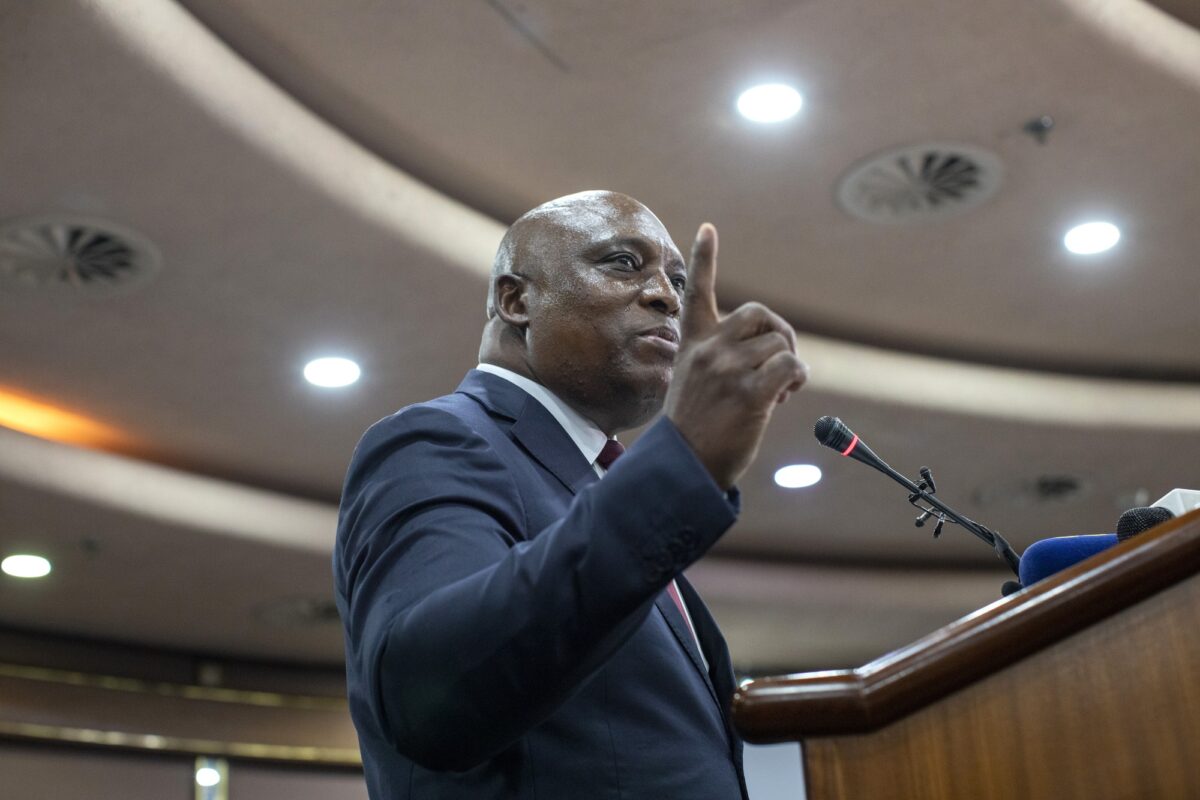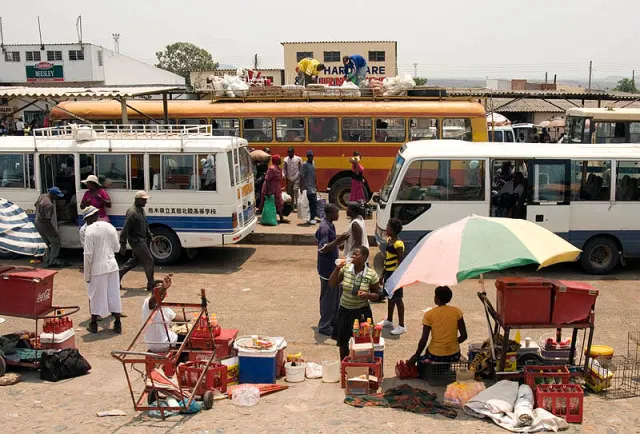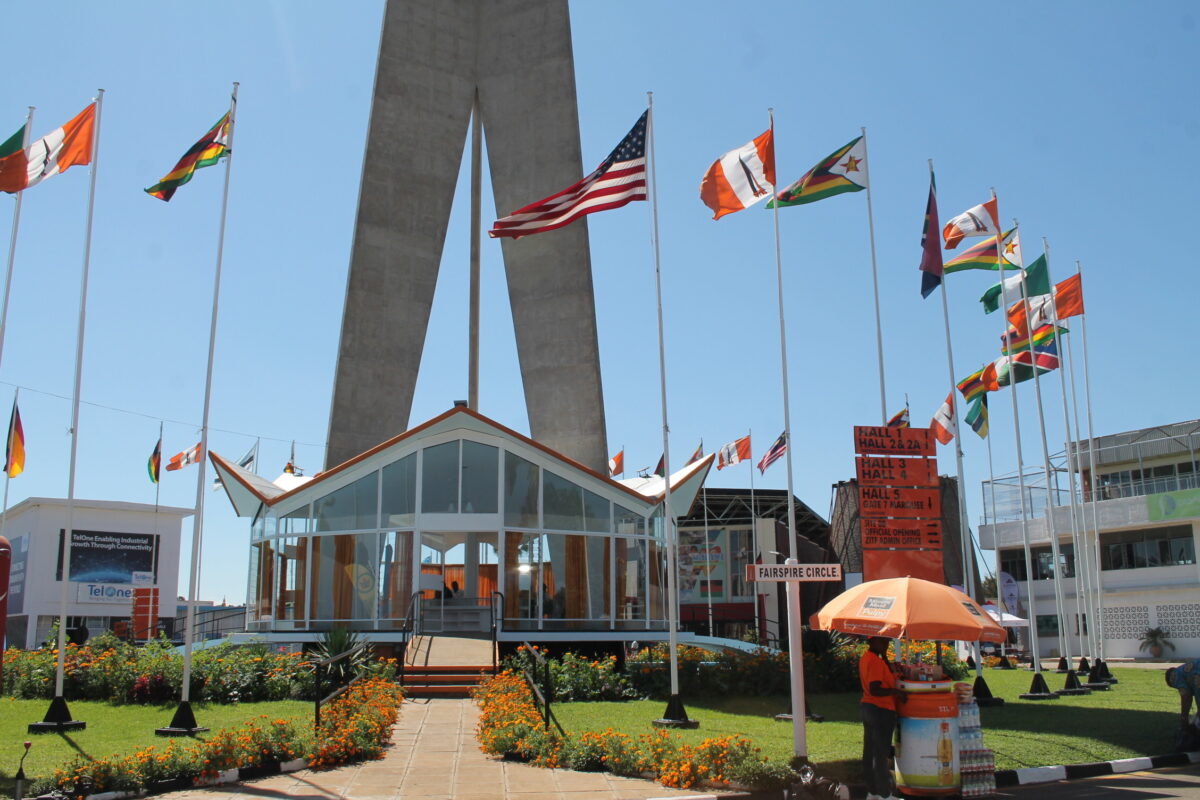HARARE — Zimbabwe on Sunday inaugurated a president for the second time in nine months as the country once jubilant over the fall of longtime leader Robert Mugabe is now largely subdued by renewed harassment of the opposition and a bitterly disputed election.
The military-backed President Emmerson Mnangagwa, who again took the oath of office, faces the mammoth task of rebuilding a worsening economy and uniting a nation divided by a vote that many hoped would deliver change.
The 75-year-old Mnangagwa, who took power from his mentor Mugabe with the military’s help in November, said “my arms are outstretched” to main opposition leader Nelson Chamisa after the Constitutional Court on Friday rejected opposition claims of vote-rigging and upheld the president’s narrow July 30 victory.
Some supporters of the president, however, carried a makeshift coffin bearing Chamisa’s name during Sunday’s ceremony.
“In just nine months we’ve birthed a new Zimbabwe,” said Mnangagwa, who has promised democratic and economic reforms after Mugabe’s repressive 37-year rule. He opened his speech by reading a letter from the 94-year-old Mugabe, whose firing of Mnangagwa sparked November’s dramatic events, offering congratulations and saying he could not attend because “I’m not well.”
Mnangagwa told the crowd that “our democracy has indeed come of age” and he invited all political parties to unite and “develop the motherland.”

The 40-year-old Chamisa on Saturday said he respectfully rejects the court ruling and called the inauguration “false.”
“They know they can’t invite me to a wedding where I was the one supposed to be receiving the gifts,” he said. Spokesman Nkululeko Sibanda said “we haven’t received any formal invitation.”
Zanu PF spokesman Paul Mangwana criticised Chamisa over the inauguration snub.
“It is important for nation-building at this critical time,” Mangwana told The Associated Press. “The problem is the (Movement for Democratic Change party) did not give us a good opposition leader, they gave us a schoolboy, so he is playing schoolboy politics.”
Mnangagwa, in comments aimed at Chamisa, said: “To all my colleagues and other political parties who contested in the elections, especially those represented in Parliament, I exhort us to commit ourselves to collectively develop our motherland. We are all Zimbabweans; what unites us is greater than what could ever divide us.”
Upbeat supporters of the president and ruling Zanu PF party filled the 60,000-seat National Sports Stadium, some catching buses and trucks in villages hundreds of kilometers away. The heads of state of South Africa, Congo, Lesotho, Rwanda, Botswana and Zambia attended.
The mood was less enthusiastic in downtown Harare, an opposition stronghold. “He is not my president, why should I go?” asked one resident, Emmanuel Mazunda.
Elections and politics must leave citizens better not bitter. pic.twitter.com/oDPHvPpYaT
— Nelson Chamisa (@nelsonchamisa) August 27, 2018
The government badly needed a credible election to end its status as a global pariah, have international sanctions lifted — Mnangagwa himself remains under U.S. sanctions — and open the door to investment. Last week, the Ministry of Finance said Zimbabwe’s domestic debt arrears were $19 billion, while the foreign debt stood at $5.6 billion. A fiscal deficit of $1,3 billion was expected to race to $3 billion by end of year.
Analysts say the president’s immediate tasks in his five-year term should include solving severe cash shortages and high unemployment that has forced thousands of people into the streets as vendors. Millions of others have fled the country over the years.
Mnangagwa in his speech said his government would work to transform the economy into a middle-income one by 2030 by modernising infrastructure, fighting corruption and putting “jobs, jobs and more jobs” at the heart of his policies.
“Measures will be taken to correct the fiscal imbalances that threaten to undermine the viability of the financial sector as reflected through the spiralling cash shortages and the distortions plaguing the foreign currency exchange market,” he said.
“Now that elections are behind us, we must now focus on addressing the economic challenges facing our country.”
Final reports are pending from Western election observers invited for the first time in nearly two decades. They noted few issues on a peaceful election day but expressed concern about “excessive use of force” two days later, when six people were killed as the military swept into the capital to disperse protests.
On Saturday, the joint mission of the U.S.-based International Republican Institute and the National Democratic Institute said Zimbabwe “has not yet demonstrated that it has established a tolerant, democratic culture that enables the conduct of elections in which parties are treated equitably and citizens can cast their vote freely.”
Mnangagwa said he will soon appoint a commission of inquiry into the “isolated and unfortunate” violence and that it would make its findings public.
Vice President Constantino Chiwenga, the general behind the military operation against Mugabe, took a sharper tone in his own speech, saying “we regret” the violence but blaming it on “malcontents who abused the freedom of expression.” Chiwenga also pressed for the unconditional lifting of sanctions.
Giving the blessing before the oath of office, religious leader Andrew Wutawunashe appealed to President Donald Trump and other leaders to lift sanctions, to cheers.
“We are saying to you … we have at last found a man who can make our small nation a great nation,” he said. “Please help him.”














